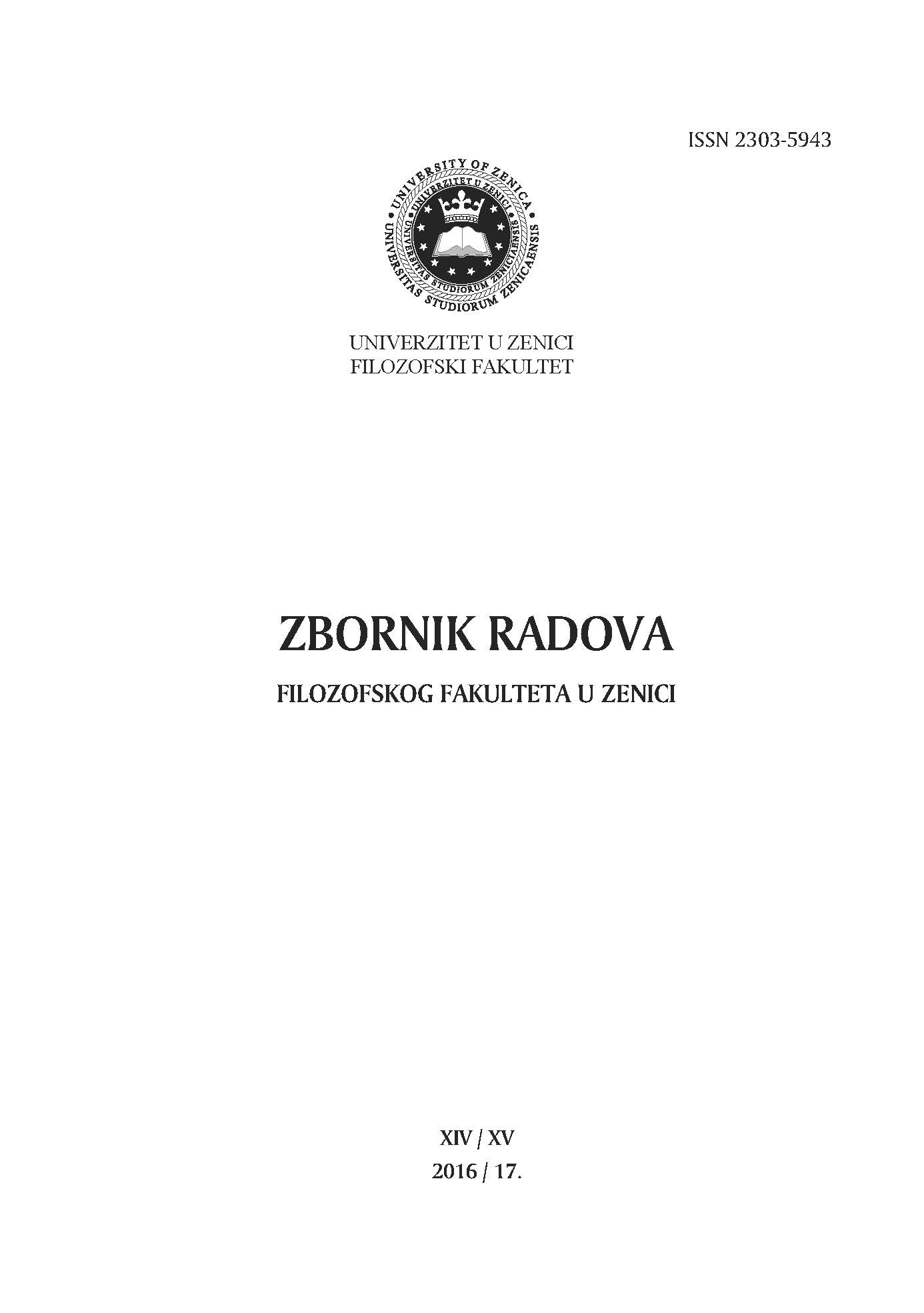INTERKULTURALNA KOMUNIKACIJA I NOVI MEDIJI
INTERCULTURAL COMMUNICATION AND NEW MEDIA
Author(s): Enes PraskoSubject(s): Communication studies, Sociology of Culture
Published by: Filozofski fakultet, Univerzitet u Zenici
Keywords: Intercultural Communication; Culture; Identity;
Summary/Abstract: Intercultural communication is a discipline that studies communication across different cultures and social groups, or how culture affects communication. It is used to describe the wide range of communication processes and problems that naturally appear within an organization or social context made up of individuals from different religious, social, ethnic, and educational backgrounds. In this sense it seeks to understand how people from different countries and cultures act, communicate and perceive the world around them. Many people in intercultural business communication argue that culture determines how individuals encode messages, what medium they choose for transmitting them, and the way messages are interpreted. The rapid development of new media has been the main force accelerating the trend of globalization in human society during the last few decades. With its distinctive and unique nature, new media has brought human interaction and society to a highly interconnected and complex level. Through this convergence the mutual enhancement of new media and globalization has led to the transformation of almost all the aspects of human society. New media functionally allows people to interact with multiple persons simultaneously with the ability to individualize messages in the process of interaction. New media enjoys five distinctive characteristics : digitality, convergency, interactivity, hypertextuality, and virtuality.
Journal: Zbornik radova Filozofskog fakulteta
- Issue Year: 2017
- Issue No: XIV/XV
- Page Range: 229-235
- Page Count: 7
- Language: Bosnian

